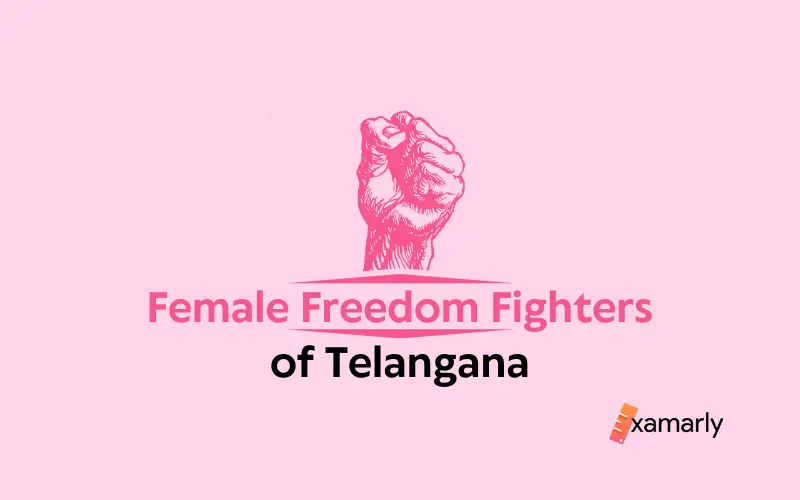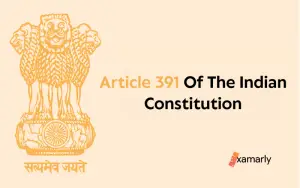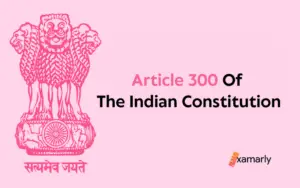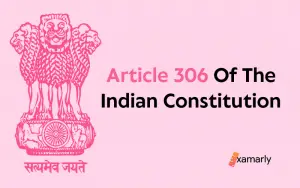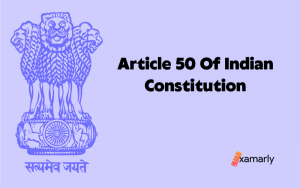India was governed by the British for almost two hundred years. It became independent in 1947 due to the sacrifices that its freedom fighters initiated against the colonial rule. Courageous women like Aruna Asaf Ali made the struggle for independence a success.
In opposition to British rule, several women spoke out. Their efforts and sacrifices are rarely discussed. Without addressing their efforts, any understanding of Indian independence would be incomplete.
During the period between 1905 and 1913, the area of present-day Telangana was under foreign rule, and as such, was a hotbed of revolutionaries. The armed struggle in Telangana or the Telangana Rebellion was an important movement.
The revolt started with the armed struggle in rural Telangana. It shook the throne of the Nizam and laid the foundation for rural Telangana democracy. The nizam’s cronies mocked Telugu and sought to impose Urdu on the people. They committed crimes against women and the masses.
The hinterlands of Telangana were ravaged by dearth and poverty. Meanwhile, feudal landlords enjoyed themselves in Hyderabad and dominated the rest of the state. Then came the striking army revolutions of the female freedom fighters of Telangana.
8 Female Freedom Fighters of Telangana
1. Chakali Ilamma
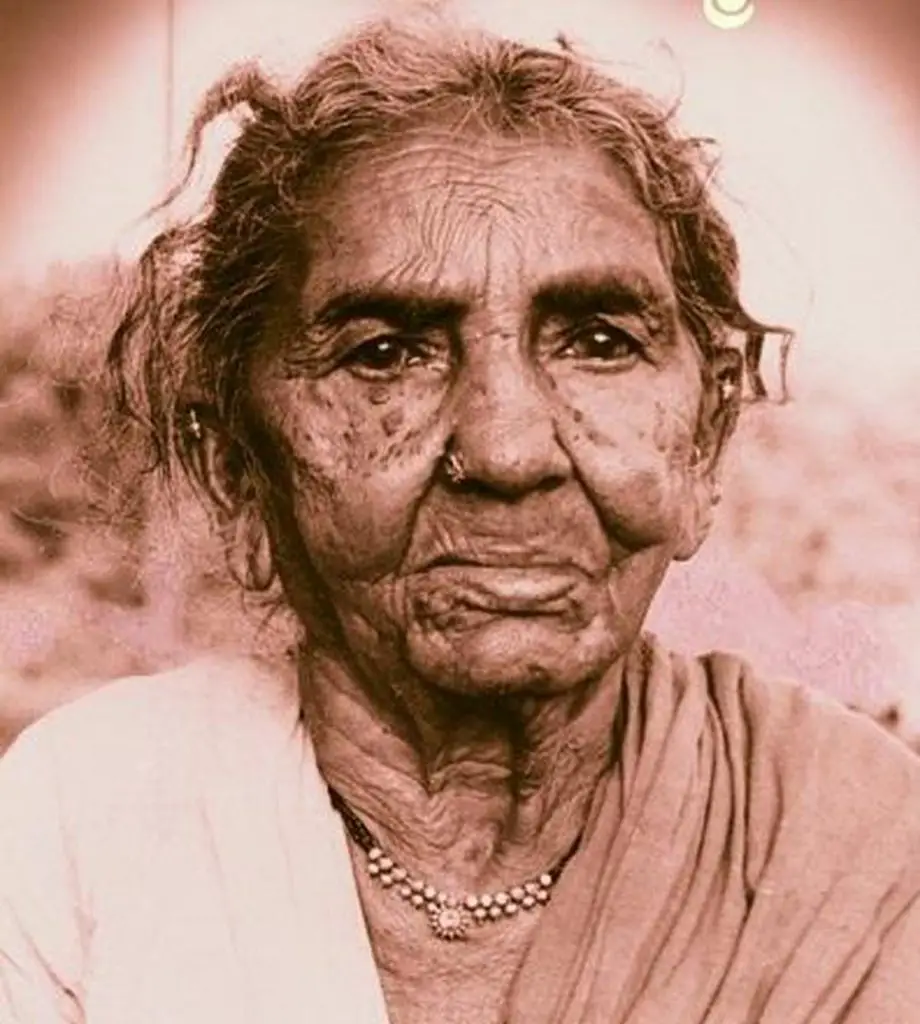
Chakali Ilamma (1870-1960) was an Indian freedom fighter, social activist, and feminist from the state of Telangana in southern India. She was born in a family of farmers and was married at a young age, but she actively resisted the oppressive practices of the patriarchal society.
She played a crucial role in the Telangana Armed Struggle. Her contributions to the struggle were as follows:
- Mobilization of women: She mobilized women from the rural areas of Telangana to participate in the struggle. She encouraged women to come forward and take part in the movement, breaking down traditional gender barriers.
- Organizing protests and rallies: She organized many protests and rallies, including the historic Million Women March in 1949. This march saw an army of thousands of women from across Telangana participating.
- Spreading awareness: She traveled to various parts of Telangana, spreading the message of the struggle and educating women about their rights.
- Providing medical aid: She and her colleagues provided medical aid to injured fighters, often at great personal risk.
- Facing arrest and torture: She was arrested multiple times during the struggle and faced torture and abuse in prison. However, she continued to stand up for her beliefs and remained committed to the cause.
Her contributions to the Telangana Armed Struggle helped to inspire other women to take up the cause of social justice and played a significant role in breaking down traditional gender roles and stereotypes.
Also read about Women Freedom Fighters of South India.
2. G. Susheela
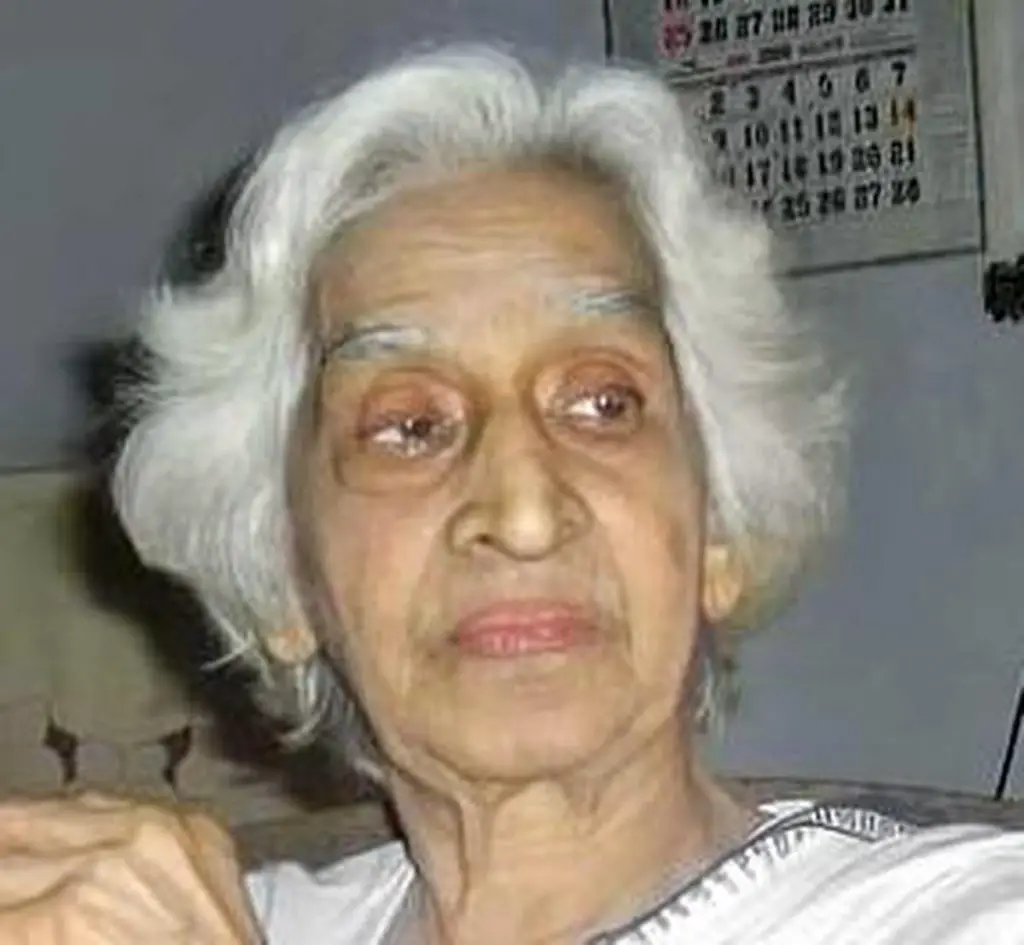
G. Susheela was a revolutionary and freedom fighter from Telangana, a state in southern India. She was born in 1929 in a village in Warangal district, and was actively involved in the Telangana Rebellion. Some of her contributions include:
- Mobilization of peasants: She was actively involved in mobilizing peasants to join the struggle. She worked to organize them into groups and encouraged them to participate in protests and rallies.
- Secret propaganda work: She was a part of the underground Communist Party of India during the struggle. She worked on secret propaganda work and distributed leaflets and literature to spread the message of the struggle.
- Participating in armed struggles: She actively participated in armed struggles against the Nizam’s government and the British colonial administration. She played a crucial role in several guerilla attacks on government targets.
- Supporting the families of fighters: She and her colleagues worked to provide support and aid to the families of fighters who were imprisoned or killed in the struggle.
- Facing arrest and imprisonment: She was arrested multiple times during the struggle and was imprisoned for several years. However, she remained committed to the cause and continued to work for social justice and equality.
Her contributions to the Telangana Armed Struggle were instrumental in the movement’s success.
You might also like to read about: Unknown Female Freedom Fighters of India.
3. Duvvuri Subamma
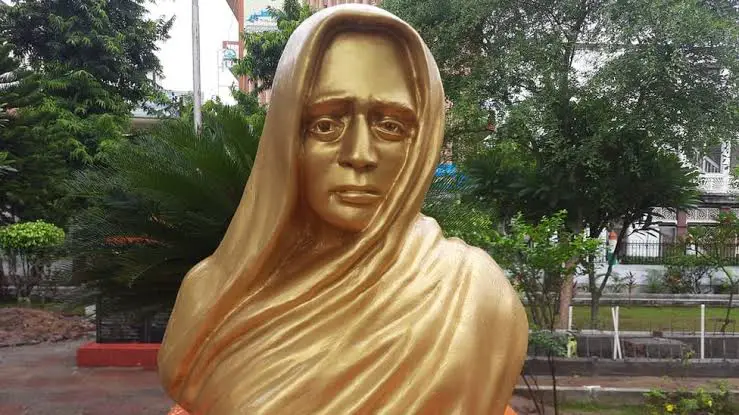
Duvvuri Subbamma (1914-1980) was a freedom fighter and social activist from the state of Telangana in southern India. She was born in a small village in Warangal district and was actively involved in the Telangana Rebellion of 1946-51.
She made significant contributions to Indian independence and the upliftment of women. Some of her major contributions are:
- Freedom fighter: She participated actively in the Indian independence movement, working with leaders such as Mahatma Gandhi and Sarojini Naidu. She was imprisoned several times for her participation in the movement.
- Women’s education: She was a strong advocate for women’s education and worked to establish schools for girls in her hometown of Rajahmundry, Andhra Pradesh. She also founded the Women’s Education Society to promote education for girls.
- Women’s rights: She worked to promote the rights of women in Indian society, advocating for women’s suffrage, equal pay for equal work, and an end to child marriage and dowry. She actively participated in the All India Women’s Conference.
- Community service: She worked to improve the lives of the poor and underprivileged. She established a number of social welfare organizations, including the Seva Samajam and the Mahila Samajam.
- Political leadership: She was a leader of the Indian National Congress in Andhra Pradesh and served as a member of the Rajya Sabha, the upper house of the Indian parliament, from 1952 to 1964.
Overall, she was a prominent figure in the Indian independence movement and a champion of women’s rights and education. Her contributions have had a lasting impact on Indian society.
If you want to read about all the Women Freedom Fighters of India, our article might help you.
You can also read our article on Female National Leaders of India.
4. Sangam Lakshmi Bai
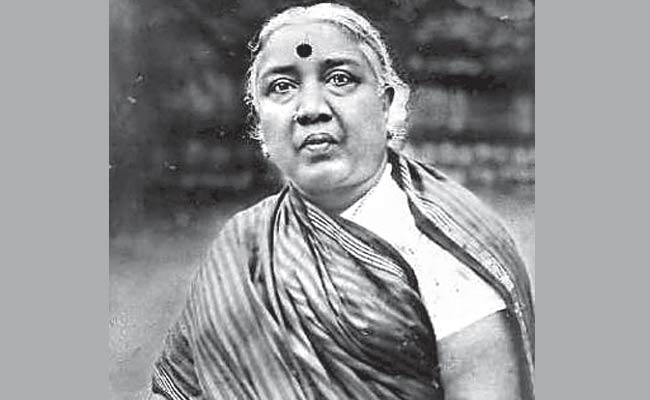
Sanghamitra Lakshmi Bai (1914-2008) was an Indian freedom fighter and social activist. Some of her major contributions are:
- Freedom fighter: She participated actively in the Indian independence movement, working alongside leaders such as Mahatma Gandhi, Sarojini Naidu, and Jawaharlal Nehru. She was imprisoned several times for her participation in the movement.
- Women’s empowerment: She was a strong advocate for women’s empowerment and worked to promote women’s rights and gender equality in Indian society. She was involved in the All India Women’s Conference and served as the president of the Andhra Pradesh Women’s Conference.
- Education and social welfare: Lakshmi Bai established the Women’s College in Guntur, Andhra Pradesh, and worked to promote education for girls and women. She also established a number of social welfare organizations, including the Andhra Mahila Sabha and the Andhra Balananda Sangham, which provided care and education for orphaned and destitute children.
- Political leadership: She was a leader of the Indian National Congress in Andhra Pradesh and was the first woman in India to serve as a cabinet minister. She held several portfolios in the Andhra Pradesh government, including education, social welfare, and information and broadcasting.
- Philanthropy: Lakshmi Bai and her husband, the Indian scientist and inventor Dr. Sivaraj Ramaseshan, were known for their philanthropic activities. They established the Sivaraj Ramaseshan Foundation, which supports research and education in science and technology, and the Sanghamitra Education Trust, which provides scholarships and educational opportunities for underprivileged students.
Overall, she was a prominent figure in the Indian independence movement and a trailblazer for women’s empowerment and education.
Related Articles:
- Difference Between Cabinet and Council of Ministers.
- Difference Between Cabinet Minister and Minister of State.
5. Chennaboina Kamalamma
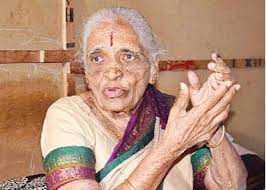
Chennaboina Kamalamma (1901-1984) was an Indian social reformer and women’s rights activist who worked to improve the lives of women in the Telangana region of India. Some of her major contributions are:
- Women’s empowerment: She was a strong advocate for women’s rights and worked to promote gender equality in Indian society. She was involved in the All India Women’s Conference and the Andhra Pradesh Women’s Conference, and worked to raise awareness about women’s issues and the need for women’s empowerment.
- Education: She established several schools for girls in the Telangana region and worked to promote education for girls and women. She believed that education was the key to women’s empowerment and worked tirelessly to ensure that girls had access to quality education.
- Social welfare: Kamalamma was involved in several social welfare organizations, including the All India Women’s Conference, the Andhra Mahila Sabha, and the Andhra Balananda Sangham, which provided care and education for orphaned and destitute children. She also worked to improve the lives of rural women and helped to establish a number of self-help groups for women in the Telangana region.
- Political activism: Kamalamma was a leader of the Indian National Congress in the Telangana region and was involved in the Indian independence movement. She worked alongside leaders such as Mahatma Gandhi and Jawaharlal Nehru and was imprisoned several times for her participation in the movement.
- Philanthropy: Kamalamma was known for her philanthropic activities and worked to provide relief and support to people in need. She established the Chennaboina Kamalamma Charitable Trust, which provides scholarships and educational opportunities for underprivileged students.
You might also like to read:
6. Mallu Swarajyam
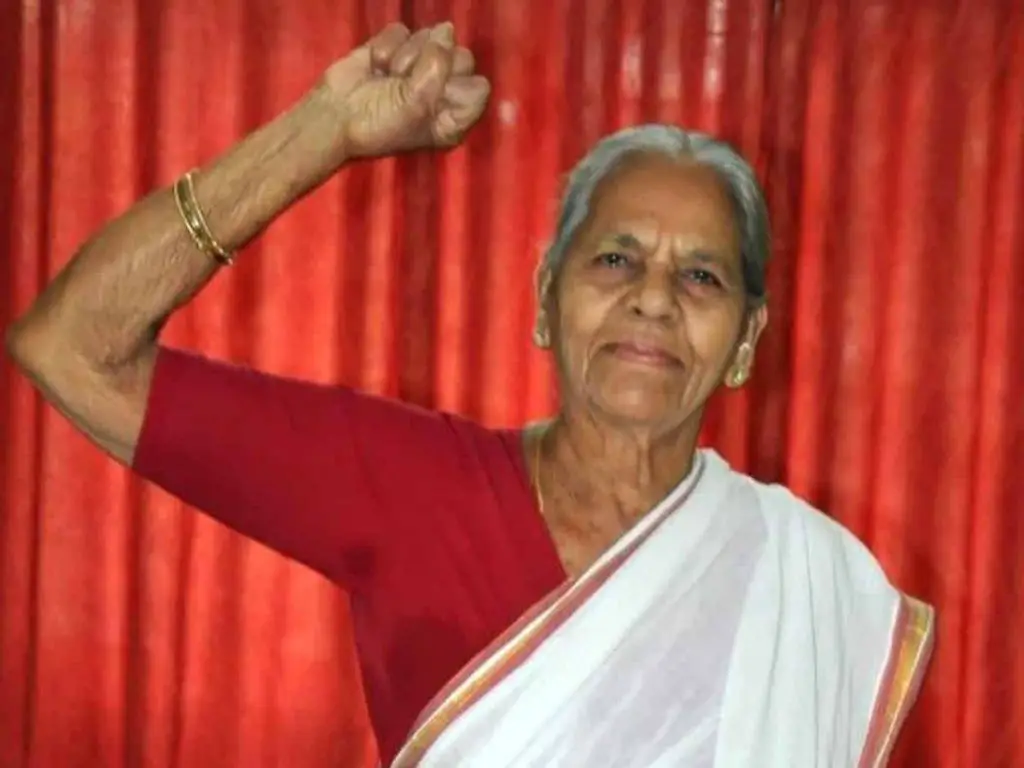
Mallu Swarajyam, also known as the “bullet lady” was born in 1931 in Karvirala Kothagudem village in the present-day Suryapet district in a feudal family. She was active in the Telangana peasants’ armed struggle. She organized people through her songs.
She was a politician from the Communist Party of India (Marxist) who also fought for freedom. A member of the Telangana armed struggle, she was a key player in shaking the Nizam’s throne. She later went underground for a period of time.
She was a member of the Central Committee of the Communist Party of India. She represented the Thungathurthy Assembly constituency in the Andhra Pradesh Legislative Assembly twice in 1978 and 1983.
While the armed struggle was taking place in Telangana, her songs were the inspiration for tribals in Warangal, Karimnagar, and Adilabad. Through folk songs, she managed to awaken the tribals.
Also read our articles on:
7. Sarojini Naidu
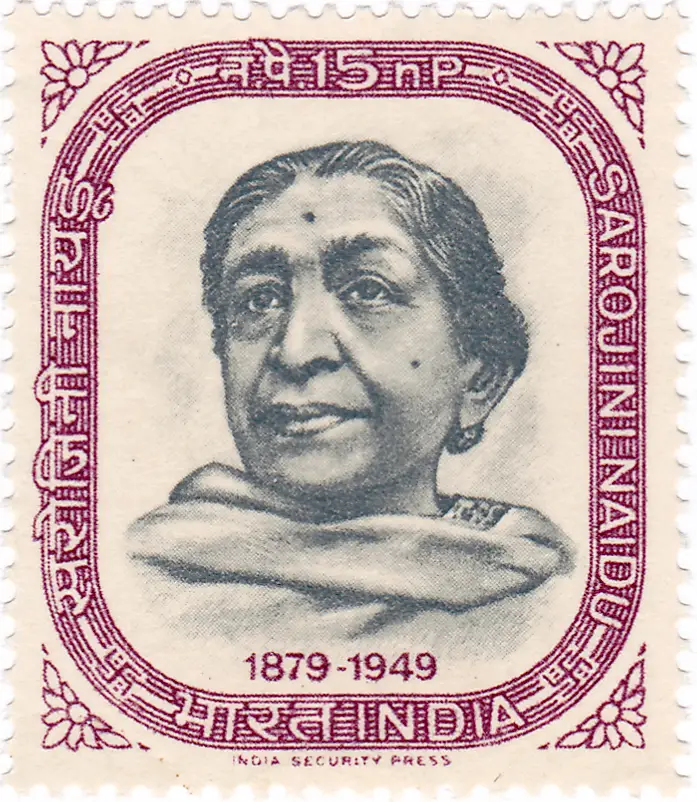
A leading freedom fighter in the Indian freedom movement, Sarojini Naidu was a member of the Non-Cooperation Movement, organized by Mahatma Gandhi.
Sarala Devi Chaudhurani, Rabindranath Tagore, and Gopal Krishna Gokhale were among her closest friends, and she was also close with Gandhi. She joined Gandhi’s satyagraha movement after 1917. When Naidu went to London in 1919 as a member of the All India Home Rule League, she was continuing her efforts to free India from British rule.
The next year, she took part in the non-cooperation movement. For her involvement in the Quit India Movement, the British put Naidu in prison in 1942. She spent 21 months behind bars.
A child prodigy, she dedicated her life to the Indian independence movement. A non-cooperation activist and satyagraha, she later became the first Indian woman president of the Indian National Congress. She served as the governor of Uttar Pradesh (United Provinces at that time) after the country was independent.
Her first collection of poems, The Golden Threshold, was published in 1905. Her other works include The Bird of Time, Broken Wing, In the Bazaars of Hyderabad, and The Wizard Mask. Her poems have received worldwide recognition. She was a prolific writer, and her work is highly regarded by the Indian public.
In order to honor the influential voices of women throughout Indian history, the 13th of February—birthday—is Naidu’s observed as Women’s Day. She earned the moniker “Nightingale of India” for her poetry. In 1919, Edmund Gosse referred to her as “the most accomplished living poet in India.”
An official Google Doodle was created in 2014 to commemorate/mark Naidu’s 135th birth anniversary. Sarojini Naidu left for heavenly abode on 2nd March 1949.
Read Also:
8. Arutla Kamala Devi
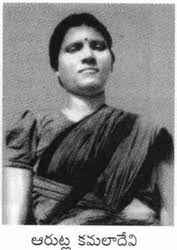
Arutla Kamala Devi was an Indian freedom fighter and politician. She was a member of the Communist Party of India. She represented the Alair constituency in the parliament from 1952 to 1967.
Her husband, Arutla Ramchandra Reddy fought for Indian independence. He was one of the leaders and participants in the armed uprising against the Nizam of Hyderabad.
In the 1940s, the communists collaborated with the destitute peasants of the then-Nizam state of Telangana to destroy the feudal system. His wife Arutla Kamala Devi participated in the Freedom Struggle and served in the Legislative Assembly for three terms. It was a little part of the greater Indian independence movement.
She is considered to be the first woman opposition leader in the history of India. Shewas born in 1920. She was arrested and imprisoned in the Warangal Jail, she was shifted to Aurangabad prison and finally imprisoned in the Secunderabad Jail. She was released after 1951.
You might also like to read our articles on:
Summary
There are hundreds and thousands of women freedom fighters who were actively involved in the freedom struggle for an independent India. The support and push women gave to the independence movement cannot be denied.
This article addressed some of the fiery freedom fighters and social activists of the freedom struggle era. The contribution of women to the freedom struggle is prominent and should not be forgotten.
Also Read:
- Women Freedom Fighters of Odisha.
- Female Freedom Fighters of Bengal.
- Female Freedom Fighters of Uttarakhand.
- Female Social Reformers of India.
FAQs on Female Freedom Fighters of Telangana
Who were the female freedom fighters of Telangana?
They were women who played a crucial role in the Telangana Armed Struggle against the Nizam of Hyderabad and the British.
What was the Telangana Armed Struggle?
The Telangana Armed Struggle was a peasant rebellion against the rule of the Nizam of Hyderabad in India that lasted from 1946 to 1951. It was led by the Communist Party of India, and aimed to achieve land reforms and social justice for the poor and marginalized sections of society.
Who were some of the notable female freedom fighters of Telangana?
Some of the notable female freedom fighters of Telangana include Burgula Rangaiah’s wife, Rukmini Bai, Shyamala Devi, and Swarna Subba Rao.
What were the contributions of these female freedom fighters?
These female freedom fighters played a significant role in the Telangana Armed Struggle. They were involved in organizing and mobilizing peasants and women, participating in armed struggles, providing medical aid and support to the fighters, and spreading the message of the struggle to other parts of India.
How did these female freedom fighters inspire others?
The courage and determination of these female freedom fighters in the face of adversity inspired other women to join the struggle for social justice and equality. Their contribution to the armed struggle also helped to break down traditional gender roles and stereotypes, and paved the way for greater gender equality in Indian society.


